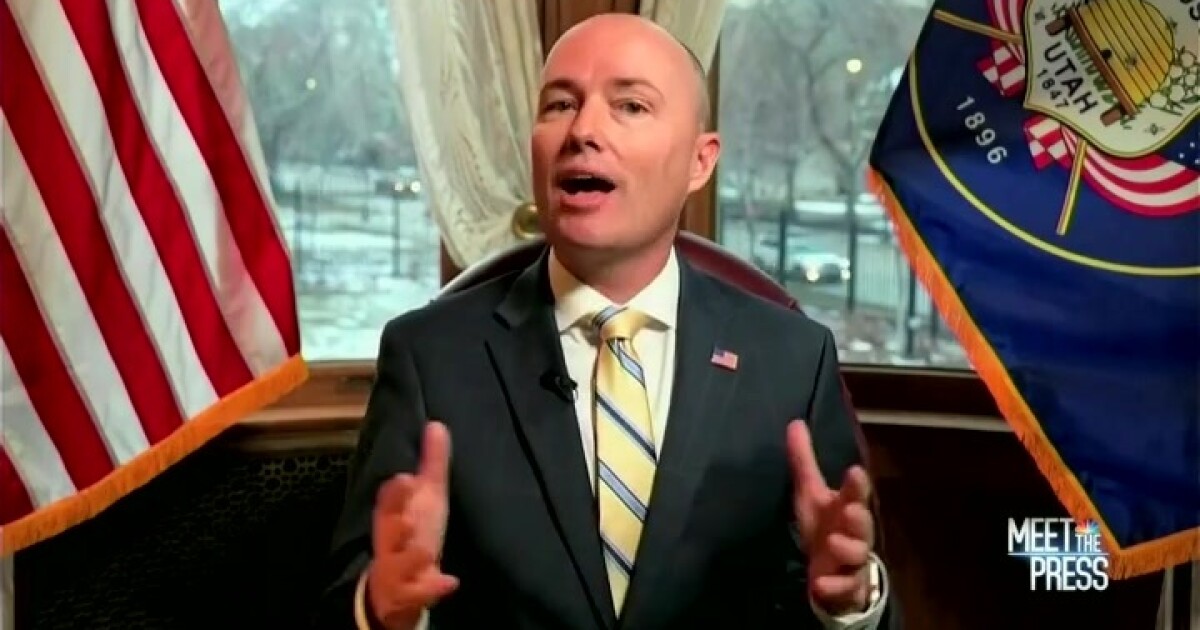

Utah Gov. Spencer Cox (R) said Sunday that his state’s recently signed laws that require parental consent and time limits for minors on social media sites are not “foolproof” and recognizes there are “enforcement issues.”
“We understand that there are definitely going to be enforcement issues anytime you wade into this type of an industry. It’s going to be tough. We don’t expect that we’re going to be able to prevent every young person from getting around this,” Cox said during an interview on NBC’s Meet the Press.
MIKE GALLAGHER SAYS TIKTOK CEO’S TESTIMONY ‘INCREASED THE LIKELIHOOD’ CONGRESS TAKES ACTION
“Kids are really smart. That’s one of the problems,” he said.
Utah’s two new laws, signed by Cox on Thursday, require age verification and parental consent before children can sign up for sites like TikTok and Instagram. The new laws also limit time spent on social media, prohibiting children under 18 from using social media between the hours of 10:30 p.m. and 6:30 a.m.
“We don’t think it’s going to be foolproof. There’s no question about that. But we are working with social media companies, again, over the course of the year, we will be going through a rule-making process to figure out what that’s going to look like,” Cox told host Chuck Todd.
The Utah governor urged Congress to enact similar federal laws on social media and believes other states will follow Utah’s lead on social media legislation.
“I expect other states to follow, as you mentioned, and then that helps Congress kind of coalesce and come to an agreement on how we prevent these terrible harms from happening,” he said.
Cox is confident that they will “prevail” if any legal challenges arise related to this legislation.
CLICK HERE TO READ MORE FROM THE WASHINGTON EXAMINER
Last week, TikTok CEO Shou Chew attempted to convince members of the House Commerce Committee that the app is safe for teens to use but received a grilling for five hours during the hearing. Under his leadership, TikTok reached 150 million monthly users in the United States, and the majority of them are teens and young adults.





